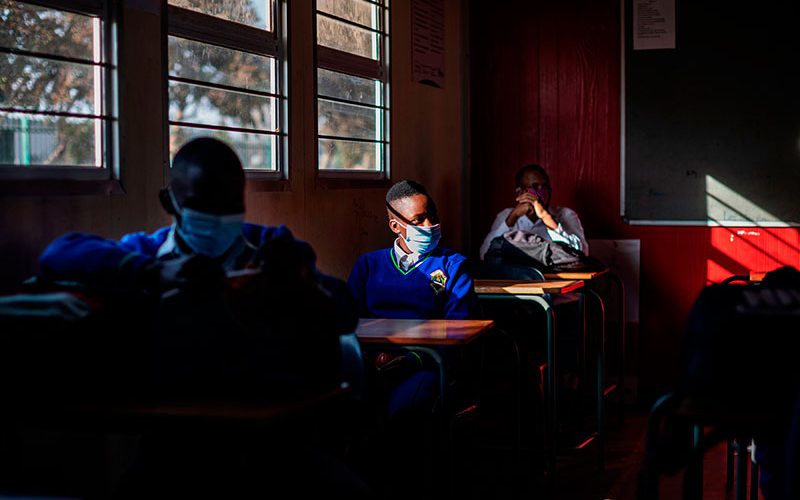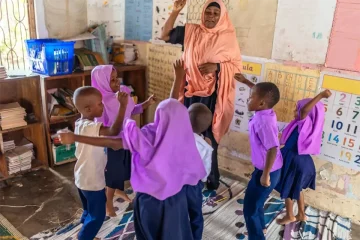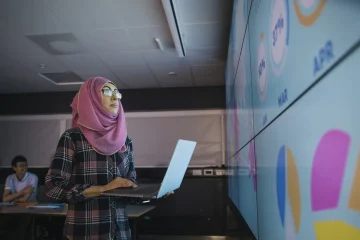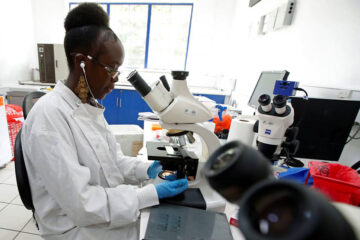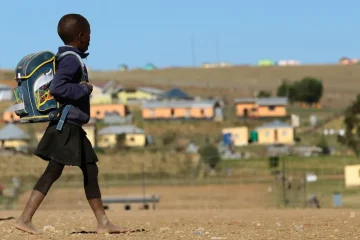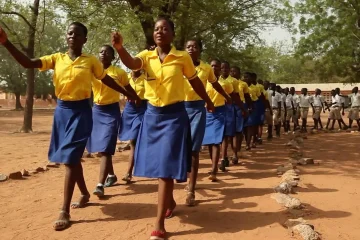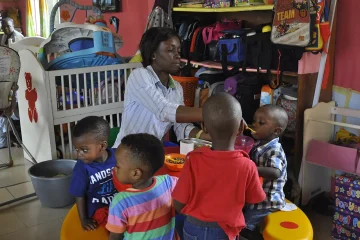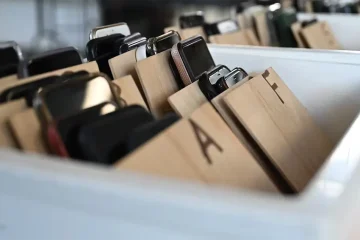ZANDILE BANGANI
IMPOVERISHED pupils attending under-resourced schools were unable to learn properly for much of 2020. The education department needs to do more to counter the learning gap caused by Covid-19.
When the coronavirus was declared a global pandemic by the World Health Organization in March 2020, and South Africa subsequently went on lockdown, many of life’s activities had to stop. Schools had to close too.
With school doors shut, learners began taking their lessons at home via e-learning channels. But not every school has had the means to extend digital services to their learners. Many are under-resourced and cannot afford to implement digital learning. A significant number of the country’s learners are impoverished too, and could not afford equipment and the means to learn online.
As the 2021 academic year starts, the department of basic education is under pressure to find ways to continue supporting learning during the pandemic, to ensure that the country’s children get an education. Much is at stake.
Ursula Hoadley, an associate professor from the University of Cape Town’s School of Education, in a working paper titled Schools in the time of Covid-19: Impacts of the pandemic on curriculum, writes: “One of the key challenges facing curriculum recovery in 2021 will be the high levels of variability in coverage carried over from 2020 in schools and high levels of heterogeneity in classrooms.”
Teachers in a dilemma
Three high school teachers in Cape Town expressed their struggles attempting to recover lost time for teaching and learning.
Themba* spoke about the challenges posed by altering the curriculum to make up for time lost. “This means topics initially intended to be taught and learned in a lower grade have been moved and added to topics meant for the subsequent grade,” he says.
“It’s a challenge not only for teachers but also for learners because textbooks link with the curriculum. So, the textbooks, as they stand now, will not include the items meant to be taught in a lower grade [as learners progress to the next grade].”
Moreover, teachers must change lesson plans and assessment questions to include themes from a lower grade, Themba says.
As teachers, says Lerato*, the Covid-19 pandemic affected their relationship with learners. “We do not get to know our learners as much as we would like to. That is, who is slow and who grasps things easily? Who needs more time and assistance? What kind of help does a learner require?”
She adds that curriculum delivery became different and challenging as learning moved to online platforms. “Using technology for teaching and learning when learners don’t have access results in no learning,” she says. As a result, teachers focus more on catch-up lessons than on continuing teaching and learning.
Cindy* says the uncompleted curriculum from the 2020 academic year puts teachers under pressure, as they must balance recovering unfinished topics with teaching and learning during the 2021 schooling year. Limited time for teaching and learning is also difficult.
The phased-in approach – which the department of basic education introduced to allow for the staggered return of selected grades when schools reopen – slows down curriculum coverage, says Cindy.
“The staggered attendance is a challenge on its own. You see learners once or twice a week and then rely on online teaching.” Online teaching, Cindy says, is not as effective as contact learning.
On top of that, she adds, class attendance is often dismal. Sometimes only two out of 20 learners will attend an online lesson, forcing teachers to repeat lessons and to waste valuable time.
Schools under the jurisdiction of the department of education are divided into five quintiles. Quintiles one to three are “no-fee paying schools”. Quintiles four to five are “fee-paying schools”. The three frustrated educators teach at a no-fee school. They teach, between them, grades eight and 12. Many going to no-fee schools struggle to access online learning resources and portals, which does not make things easy for teachers.
Learning loss
Hoadley says that Covid-19 has affected the curriculum coverage at no-fee schools more than at schools in well-off communities. The reason for this is the learner’s ability to carry on learning at home, as children attending no-fee schools on average would lack access to the internet or various educational resources. So, the reality of the digital divide in society, which favours the rich, has come to the classroom.
“Kids in better-resourced schools, coming from more affluent homes, had access to the internet, and have parents who could assist them with their school work,” she says.
The lost time for teaching and learning will vary across schools and within. In the working paper, Hoadley writes: “The most significant source of additional time loss came from the timetabling models that the vast majority of schools were forced to adopt in order to meet legislated social-distancing requirements.”
Children had a very disruptive 2020 academic year. Also, between December and January, children lost two months of schooling. “Two months out of school, not learning, for the majority, not reading meant a further loss of learning,” she says.
Hoadley says current estimates show that every school day lost is equivalent to two days of learning lost. What is concerning, she says, is that learners progressed to the following grade without covering the curriculum content from a preceding class.
Nonetheless, the importance of recovering the curriculum content varies across subjects. Skills-based subjects like life skills, for example, can be taught at a later stage. “Subjects with strong progression requirements, like maths, science and aspects of languages” require that lower-level work be thoroughly done, Hoadley advises.
Hoadley also urges the department to revise the rotational timetable model. “The timetabling models and particularly rotational models have had a devastating impact on instructional time, and as indicated above, are overly stringent… Every effort should be made to get all learners and teachers back to school daily,” she writes.
Hoadley says the department needs an accelerated programme to catch up, especially for reading and maths subjects. “There needs to be a focus on those key gateway subjects and whether that takes the form of holiday camps or extended days, material going home – to the home of the learner, whatever it is that they do. They need to work on that.”
The department of education had not responded to questions by the time of publishing.
*Not their real names.

